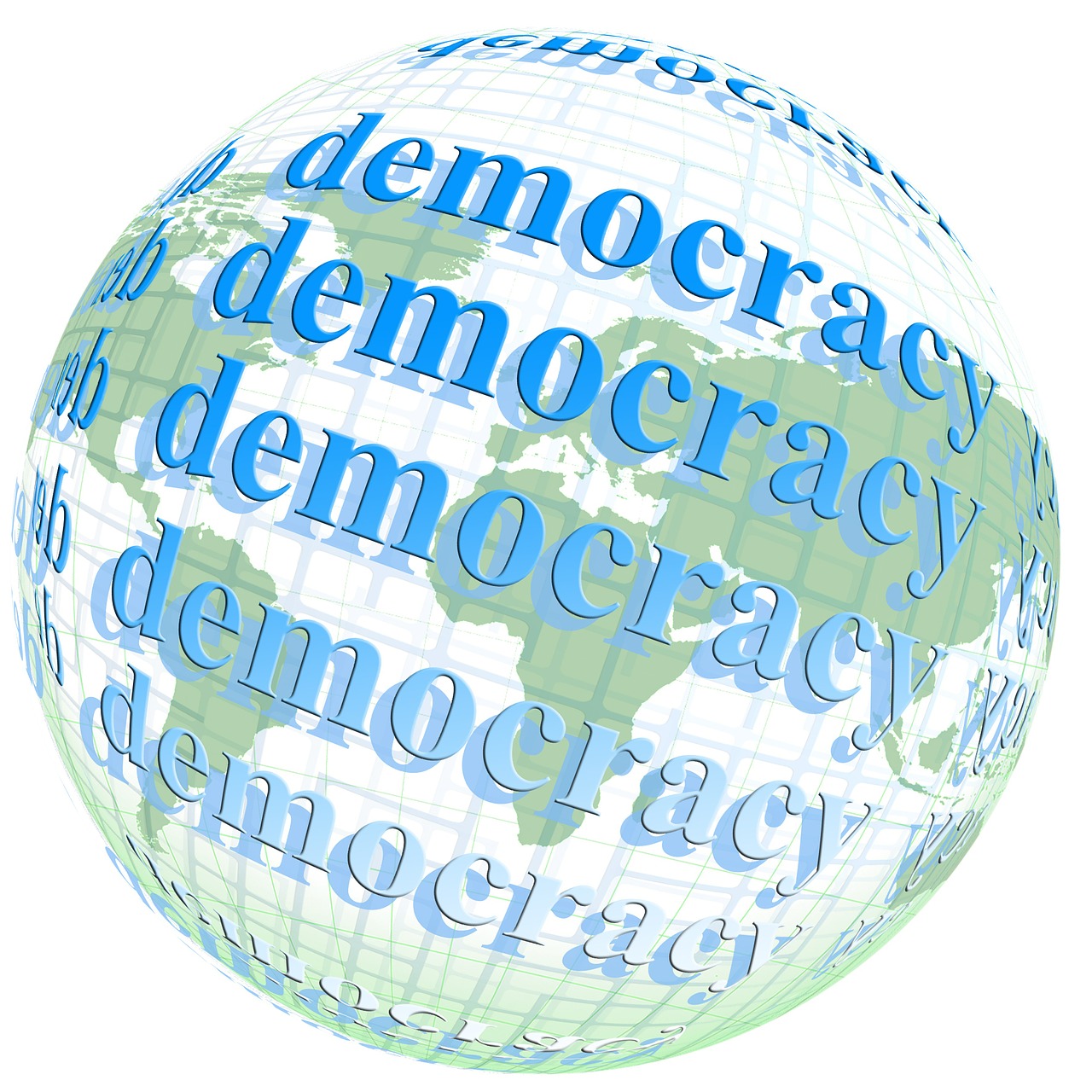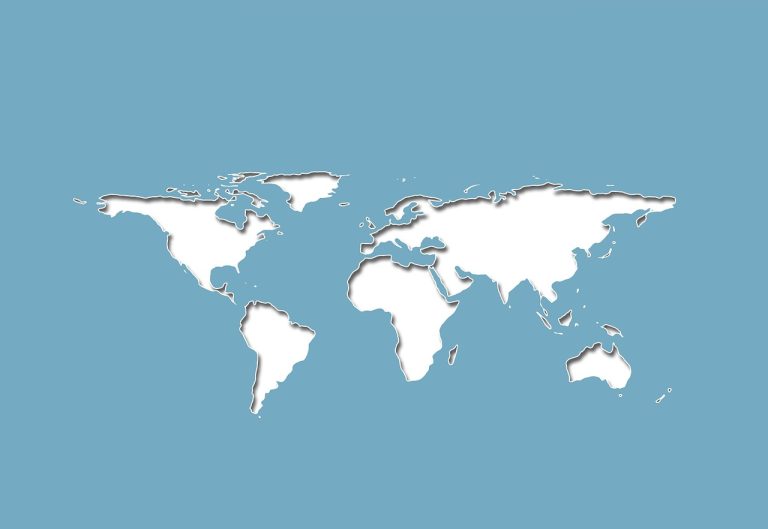
The Influence of Regional Political Dynasties in Philippine Governance: An In-Depth Exploration
The political landscape of the Philippines is a complex tapestry, woven with various elements that have shaped its governance throughout history. One of the most significant yet contentious elements is the presence of regional political dynasties. These dynasties have played a pivotal role in the country’s governance and continue to influence its political dynamics. This in-depth exploration delves into the origins, current impact, and future implications of political dynasties in the Philippines.
Understanding Political Dynasties
Political dynasties refer to families that have maintained political power for generations, often occupying key positions in government. In the Philippines, these dynasties are deeply entrenched, with many tracing their political roots back to the Spanish colonial period. Over the years, they have become a defining feature of Philippine politics, significantly impacting the country’s governance and development.
The entrenchment of political dynasties is often linked to the country’s socio-economic and cultural fabric. Many dynasties originated from wealthy and influential families who had the resources and clout to enter and sustain a presence in politics. As a result, they have managed to consolidate power, often controlling local and national political landscapes.
For more details on the evolution of political dynasties, you can explore their historical background.
The Impact of Political Dynasties on Governance

The dominance of political dynasties has profound implications for governance in the Philippines. Critics argue that dynastic politics undermines democratic principles by limiting political competition and perpetuating inequality. Here’s how these dynasties influence Philippine governance:
1. Concentration of Power
Political dynasties often lead to the concentration of power within a few influential families, which can stifle political competition. This concentration of power can result in policies that favor the interests of these families over the broader needs of the populace. Such dynamics can hinder efforts to promote inclusive governance and equitable development.
2. Perpetuation of Inequality
Dynastic politics can perpetuate socio-economic inequalities, as political power often translates into economic advantages. Families in power can influence the allocation of resources, contracts, and opportunities, often to their benefit. This can create a cycle where the rich get richer and maintain their grip on political power, while marginalized communities are left behind.
3. Policy Continuity and Stability
On the flip side, proponents of political dynasties argue that they can provide policy continuity and stability. With established connections and experience, dynastic politicians may be better positioned to implement long-term policies and initiatives. This can be particularly beneficial in regions where political instability has been a recurring issue.
For a comprehensive analysis of how political dynasties affect governance, consider reviewing this detailed study.
Regional Variations in Political Dynasties
The influence of political dynasties is not uniform across the Philippines; it varies significantly by region. Factors such as historical context, economic conditions, and cultural norms contribute to these regional variations.

Luzon
In Luzon, particularly in provinces like Ilocos Norte and Pampanga, political dynasties have long been a staple of local politics. These regions have well-established families that have held power for decades, often wielding significant influence over local and national policies.
Visayas
The Visayas region presents a more diverse political landscape. While dynasties exist, there is often more political competition compared to other regions. This competition can sometimes lead to more dynamic governance, as new political players challenge established dynasties.
Mindanao
Mindanao’s political dynamics are unique, shaped by historical conflicts and a diverse population. Here, political dynasties often intersect with issues of peace and security, making governance particularly complex. Dynastic families in Mindanao may focus on addressing security issues alongside traditional governance roles.
For insights into how regional dynamics shape political dynasties, you might find this research on the topic helpful.
The Future of Political Dynasties in the Philippines
The future of political dynasties in the Philippines hinges on several factors, including legislative reforms, public perception, and socio-economic changes. Efforts to curb the influence of dynasties have gained traction, with various proposals for anti-dynasty laws. However, such legislation faces significant challenges, often from the dynasties themselves who hold substantial legislative power.

Moreover, shifts in public perception, particularly among younger generations, could influence the future of dynastic politics. As more Filipinos become aware of the implications of dynastic governance, there is potential for increased demand for greater political diversity and competition.
Socio-economic changes, such as improved education and economic opportunities, could also play a role in diminishing the influence of political dynasties. By empowering citizens economically and socially, the grip of dynastic families on political power could be weakened over time.
For a perspective on potential reforms and their impact on political dynasties, explore this insightful article.
Takeaways
The influence of regional political dynasties in Philippine governance is a multifaceted issue, deeply rooted in the country’s history and socio-economic structure. While they offer certain advantages such as policy continuity, their impact on political competition and equality raises significant concerns. As discussions around political reforms and public awareness continue to evolve, the future of political dynasties in the Philippines remains a critical area of focus. Understanding their role and impact is essential for fostering a more inclusive and equitable political landscape in the nation.
Grassroots Movements and the Push for Change
In recent years, grassroots movements have emerged as a powerful force in challenging the status quo of political dynasties in the Philippines. These movements are often spearheaded by civil society organizations, community leaders, and young activists who are advocating for greater political representation and transparency.

One prominent movement is the push for the passage of an anti-dynasty law, which has been a topic of debate for decades. Advocates argue that such legislation is necessary to level the political playing field and ensure that public office is accessible to qualified individuals regardless of their familial connections. These movements have garnered significant public support, highlighting the growing demand for political reform.
The Role of Media and Technology
Media and technology have also played a crucial role in shaping the discourse around political dynasties. The rise of social media platforms has provided a space for citizens to voice their concerns, share information, and mobilize support for anti-dynasty initiatives. This digital landscape has made it easier for grassroots movements to reach a wider audience and engage with the public in meaningful ways.
Moreover, investigative journalism has been instrumental in exposing instances of corruption and abuse of power among some political dynasties. By shedding light on these issues, the media has contributed to increased accountability and transparency in governance.
For more on the impact of media and technology on political change, this report on digital news trends offers valuable insights.
International Perspectives on Political Dynasties
While political dynasties are a prominent feature of Philippine politics, they are not unique to the country. Similar patterns can be observed in other nations, where familial ties play a significant role in political success. Examining these international perspectives can provide valuable lessons for the Philippines.

For example, in countries like the United States and India, political dynasties have also wielded considerable influence. However, these nations have implemented various measures to address the challenges posed by dynastic politics, such as stricter campaign finance regulations and term limits. These strategies could offer useful frameworks for the Philippines as it seeks to address the issue of political dynasties.
For a comparative analysis, consider exploring this study on global political dynasties.
Education and Empowerment
Education is a powerful tool in the fight against the entrenched power of political dynasties. By enhancing access to quality education, especially in rural and marginalized areas, citizens can be better equipped to make informed decisions and participate actively in the democratic process. Educational initiatives that focus on civic engagement and political literacy are crucial in empowering the electorate to demand more accountable and transparent governance.
Furthermore, empowering the youth and marginalized groups through skills development and economic opportunities can also help break the cycle of dynastic politics. When citizens are economically self-sufficient and educated, they are more likely to challenge the traditional political structures and advocate for meaningful change.
Final Thoughts
The influence of regional political dynasties in Philippine governance is a deeply rooted issue that poses significant challenges to democratic principles and equitable development. While the path to reform is fraught with obstacles, there is hope in the form of grassroots movements, technological advancements, and international lessons. By fostering a more informed and engaged citizenry and implementing strategic reforms, the Philippines can move towards a more inclusive and dynamic political landscape, where governance truly reflects the will of the people.



